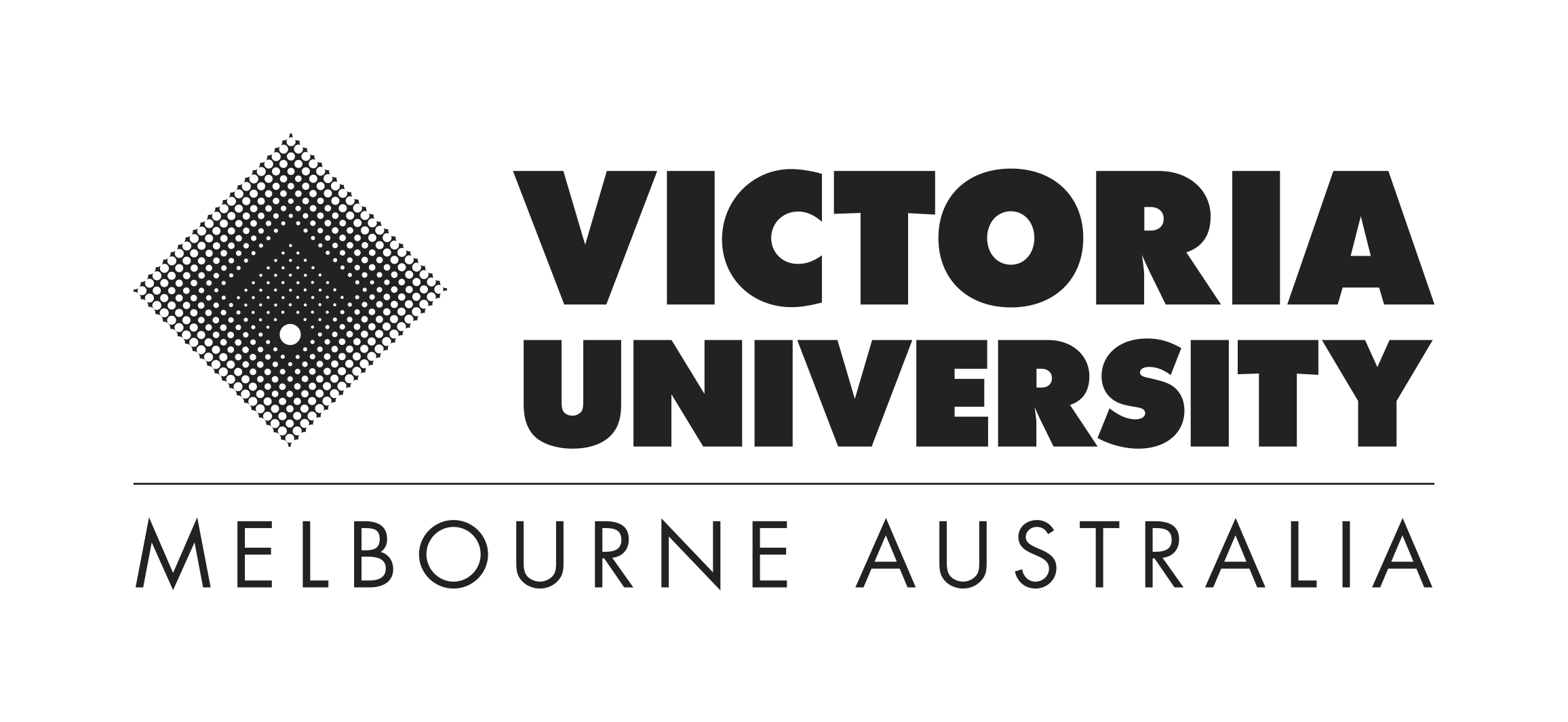As one of Australia’s most in-demand occupations, there’s no shortage of opportunities for nursing professionals here.
However, if you completed your education in another country, there are some important things to know before you take the leap and start looking for nursing jobs.
Read on to find out everything you need to know about using international nursing qualifications in Australia.
What is an internationally qualified nurse?
If you want to work as a nurse in Australia, you’ll need to apply to become an internationally qualified nurse. This designation is managed by the occupation’s peak body, the Nursing and Midwifery Board.
The exact application process you follow will depend on a few factors, such as the level of your current qualification, when you completed it and which country it is from.
The Nursing and Midwifery website’s self-check function is a handy tool to help you verify your education against the Australian Qualifications Framework. The outcome of this assessment will let you know what steps you need to take to begin working as a nurse.
If you’re assessed as being in Stream A, you will simply need to complete your orientation, which will give you a comprehensive introduction to the Australian healthcare system. After that, you’ll just have to complete your application and pay the fee.
If you’re in Stream B, your qualification mostly meets the requirements, but you need to take some extra steps to ensure you’re ready to practise. In addition to completing your orientation and application, you’ll have to provide a portfolio of documents and complete two exams: the multiple choice question (MCB) exam, otherwise known as the National Council Licensure Examination (NCLEX) for Registered Nurses, and the Objective Structured Clinical Examination (OSCE).
The OSCE is a rigorous practical assessment of clinical skills, and it’s definitely not easy to pass. To improve your chances of success, you can complete an OSCE preparation course. Thankfully, these are some of the cheapest nursing courses in Australia for international students.
There are also other benefits to undertaking a preparation course. For example, Victoria University’s OSCE Preparation Program for Nurses gives you expert training and valuable hands-on practice in real clinical environments, helping you gain experience and become familiar with the country’s healthcare system.
If you’re assessed as being in Stream C, you aren’t eligible to become an internationally qualified nurse. You’ll need to upgrade your qualifications or enrol in a nursing course in Australia for international students.
Why is it important to become an internationally qualified nurse in Australia?
There are a few great reasons to become an internationally qualified nurse.
Firstly, it gives you the opportunity to use your existing nursing qualification. Not only will that save you the cost of retraining or gaining a new degree, but it also means you can start your career even sooner!
Secondly, the process helps ensure all nurses provide the same exceptional standard care, which is one of the reasons Australia’s health system is one of the best in the world.
Finally, your application process will give you valuable insight into how healthcare works here, making sure you’re job-ready for your next nursing role.
What should I know about nursing in Australia?
The Australian healthcare industry is separated into two sections; public and private. Public settings are government-run and administered by primary health networks (PHNs). Residents and other eligible people can access public health for free or at low cost through Medicare, the country’s universal health insurance scheme.
The private system is independently run. People can use private health insurance or pay out-of-pocket for care and services in the private system.
As of 2023, there were more than 450,000 registered and enrolled nurses working in Australia, and that number is only set to rise. There is a real shortage of healthcare professionals, putting qualified nurses and other healthcare workers at the front of the queue for skilled migration visas.
It’s important to know that you must be registered with the Nursing and Midwifery Board to work as a nurse in Australia. To register, you’ll need to complete an application form, which covers things like work history, criminal history, English language capabilities and professional insurance.
Want to learn more? Check out our article on frequently asked questions about nursing in Australia!
Gain the skills, knowledge and confidence to become an internationally qualified nurse in Australia with the unique OSCE Preparation Program for Nurses at Victoria University (VU) in Melbourne.






